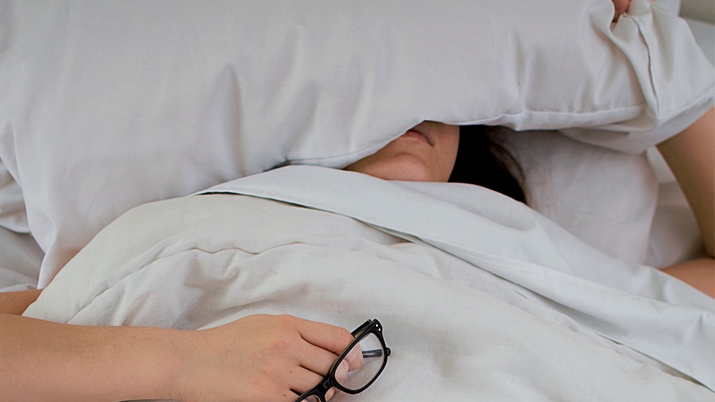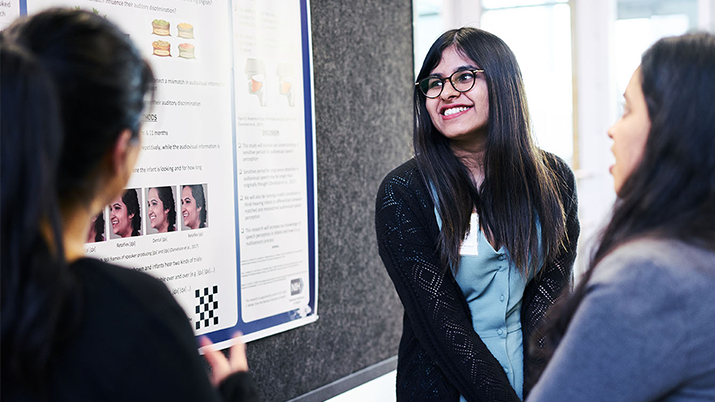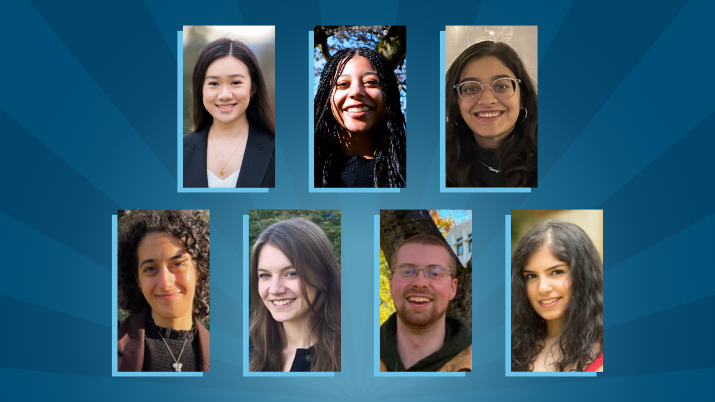

New research from UBC Psychology finds that after a night of shorter sleep, people react more emotionally to stressful events the next day—and they didn’t find as much joy in the good things. The study, led by health psychologist Nancy Sin, looks at how sleep affects our reaction to both stressful and positive events in daily life.
“When people experience something positive, such as getting a hug or spending time in nature, they typically feel happier that day,” says Dr. Nancy Sin, assistant professor in UBC’s department of psychology. “But we found that when a person sleeps less than their usual amount, they don’t have as much of a boost in positive emotions from their positive events.”
People also reported a number of stressful events in their daily lives, including arguments, social tensions, work and family stress, and being discriminated against. When people slept less than usual, they responded to these stressful events with a greater loss of positive emotions. This has important health implications: previous research by Sin and others shows that being unable to maintain positive emotions in the face of stress puts people at risk of inflammation and even an earlier death.
The study “Sleep duration and affective reactivity to stressors and positive events in daily life” was published today in the journal Health Psychology. This research was conducted in collaboration with UBC psychology graduate students Jin Wen and Patrick Klaiber and Pennsylvania State University professors Orfeu Buxton and David Almeida.
This news release was originally published on the UBC News website.


